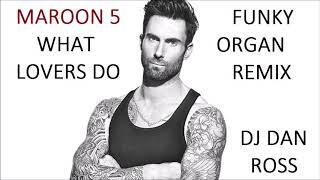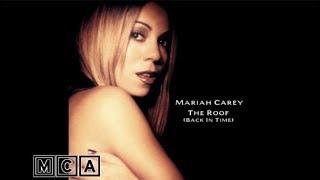In the hot, funky summer of 1974, when bell bottoms were wider than your mama's dinner plates and Afros reached the heavens, a man named Cashmere Jones was born again—not in the spiritual sense, but in the soul-funk-cash-flow sense.
Born in the back of a Cadillac DeVille during a dice game gone wrong (or right, depending on who you ask), Cashmere was raised on collard greens, James Brown, and get-rich-quick schemes. His daddy, Reverend Leroy "Two-Paycheck" Jones, preached the gospel on Sundays and sold fake gold chains at swap meets the rest of the week. His mama, Big Ma Deedee, was a lounge singer with a voice so smooth it once got a jukebox pregnant.
Cashmere got his first taste of soul and hustlin’ in the same night—age 11, when he sang a love song to the corner store cashier and walked out with a free bag of Now & Laters and ten dollars in food stamps. By 17, he was performing at every dive bar, juke joint, and hair salon that had a mic, a spotlight, or at least a working extension cord.
But it wasn't until 1974 that he struck it big—with his breakout hit, “She Got Credit, I Got Cash”, a soulful anthem about financial independence, unshared bank accounts, and tax refunds done wrong. It soared to #6 on the Soul Train Top 10, narrowly edged out by a song about a man getting kicked out for eating all the chitlins.
From there, hits flowed like a busted ATM:
“Direct Deposit of Love”
“Ballin’ on a Budget (Still Fine Tho)”
“You Can't Pay the Rent With Love”
“That Ain’t Yo Car (But I Drove It Anyway)”
Known for performing in gold lamé suits, mink-lined platform shoes, and dollar sign medallions the size of dinner plates, Cashmere “Money Makin’” Jones preached a gospel of grooves and greenbacks. His concerts ended with showers of Monopoly money and sermons about saving 10% and investing in Black-owned businesses (like his cousin’s car wash slash recording studio).
To this day, some say if you walk down a dark alley in Detroit with a fresh paycheck and a broken heart, you might still hear his voice echoing:
“Ooooh baby… my love is compound interest…”
#ai #aicover #70smusic #blues #disco #music #rnb #soulmusic #motown
Born in the back of a Cadillac DeVille during a dice game gone wrong (or right, depending on who you ask), Cashmere was raised on collard greens, James Brown, and get-rich-quick schemes. His daddy, Reverend Leroy "Two-Paycheck" Jones, preached the gospel on Sundays and sold fake gold chains at swap meets the rest of the week. His mama, Big Ma Deedee, was a lounge singer with a voice so smooth it once got a jukebox pregnant.
Cashmere got his first taste of soul and hustlin’ in the same night—age 11, when he sang a love song to the corner store cashier and walked out with a free bag of Now & Laters and ten dollars in food stamps. By 17, he was performing at every dive bar, juke joint, and hair salon that had a mic, a spotlight, or at least a working extension cord.
But it wasn't until 1974 that he struck it big—with his breakout hit, “She Got Credit, I Got Cash”, a soulful anthem about financial independence, unshared bank accounts, and tax refunds done wrong. It soared to #6 on the Soul Train Top 10, narrowly edged out by a song about a man getting kicked out for eating all the chitlins.
From there, hits flowed like a busted ATM:
“Direct Deposit of Love”
“Ballin’ on a Budget (Still Fine Tho)”
“You Can't Pay the Rent With Love”
“That Ain’t Yo Car (But I Drove It Anyway)”
Known for performing in gold lamé suits, mink-lined platform shoes, and dollar sign medallions the size of dinner plates, Cashmere “Money Makin’” Jones preached a gospel of grooves and greenbacks. His concerts ended with showers of Monopoly money and sermons about saving 10% and investing in Black-owned businesses (like his cousin’s car wash slash recording studio).
To this day, some say if you walk down a dark alley in Detroit with a fresh paycheck and a broken heart, you might still hear his voice echoing:
“Ooooh baby… my love is compound interest…”
#ai #aicover #70smusic #blues #disco #music #rnb #soulmusic #motown
- Category
- Funky












